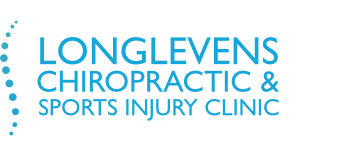Headaches
There are many different types and sub-types of headaches, Chiropractors are trained to diagnose which kind of headache you are experiencing and treat it depending on the type as well as help you manage it effectively at home.
There are many different types and sub-types of headaches, Chiropractors are trained to diagnose which kind of headache you are experiencing and treat it depending on the type as well as help you manage it effectively at home.
To book an appointment call us on 01452 309372, use our contact form or email info@longlevenschiro.com
We endeavour to reply to all enquiries on the same day within clinic hours.
© Copyright – Longlevens Chiropractic & Sports Injury Clinic – Chiropractor in Gloucester – website by mediadog
